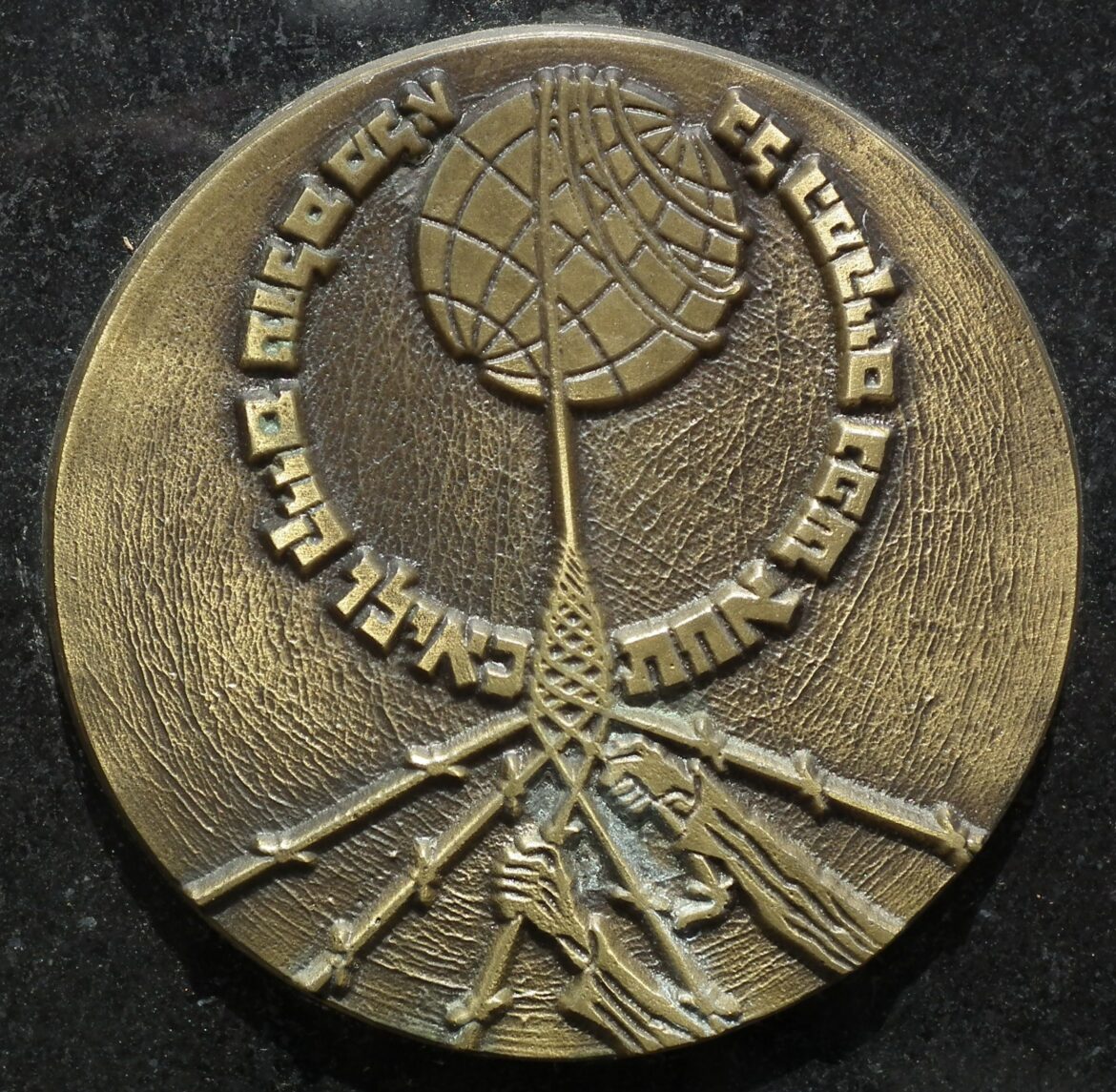During World War II, many Polish families were murdered by the Germans. In many cases, they were killed after the end of WW2 as a result of the resistance against communism installed in Poland under the threat of Soviet bayonets. It happened to the Marciniaks family, murdered by the Germans and also by native Polish communists.
In the interwar period, many Poles and Jews lived side by side, as a rule, in good neighborly relations. This was the case of two families the Marciniaks and the Raises (Rejs, Rajs) who lived on the outskirts of the village situated in Dratów in the picturesque Łęczna-Włodawa Lake District in Dratów near Lublin. Their fates tragically were woven into the events of World War II and the post-war period. The Raises dealt with catching fish from abundant lakes they leased. The Marciniaks earned their living by farming. Both families had many children and lived in complete harmony.
The idyllic life was brutally interrupted by the German aggression against Poland in 1939. The Lublin region was under German occupation. In January 1941, they established a ghetto in Łęczna for its Jewish inhabitants and Jews who lived in the surrounding villages. With time, the ghetto in Łęczna became a transit ghetto for the Jewish population of the Slovak Republic and the Protectorate of Bohemia and Moravia. From there, they were sent to the German extermination camps in Bełżec and Sobibór.
Due to the huge overcrowding and supply shortages, epidemics often spread in the ghetto. Some of the prisoners were transferred to a labor camp in nearby Milejów or to work in quarries in Karolina. In October 1942, a transport of 3,000 people was sent from the ghetto in Łęczna to the death camp in Sobibór. During this time, most of the Raises’ family were murdered. Only those who managed to find shelter outside the ghetto among their Polish acquaintances survived. Pursuant to the decree of October 15, 1941, by Hans Frank, the head of the occupied General Government, helping Jews was punishable by the death penalty. Despite this, the Marciniak family decided to help their Jewish neighbors.
One of the survivors was the daughter of the Raises – Sara. Józef Marciniak obtained a Catholic baptism certificate for her, allowing her to receive a Kennkarte (ID card). Then she moved to Józef’s sister – Janina Cygan. Her husband, Franciszek Cygan, was then the secretary of the community in Abramów and at the same time a secret soldier of the Home Army. Sara Rais lived with the Cygan family for less than a year. Then she went to Warsaw, where she lived with Kazimiera Zięba, a friend of the Cygans. There, she happily survived until the end of the war. Her younger sister, Rachela, who was kept by a childless couple in a village near Łęczna, also survived the occupation. After the war, both sisters started their families and left for Israel.
Leopold Rais, from Łęczna, also found shelter with the Marciniak family in Dratów. He was hidden in the basement of a Polish family’s farm. Together with him, the Marciniaks sheltered Konstanty Gorłow, a Soviet prisoner of war who had escaped from German captivity. He was the cause of the Marciniaks’ tragedy.
On a frosty morning on February 10, 1943, two German gendarmes from the Piaski police station Daniel Schulz and Heinrich Reich came to the farm, accompanied by Andrzej Sadowy, the head of the local commune of Ludwin appointed by the Germans, the local mayor Mikołaj Łuczeńczyk and probably one policeman. Their arrival was caused by denunciation.
Jan Marciniak came out to the gendarmes and wanted to offer them a bribe for stopping from the search. Unfortunately, when he was reaching into his pocket, one of the gendarmes shot him down. At the sound of shots, Jan’s brother, Józef, ran out towards the frozen Dratów Lake. The mayor of Sadowy set off in pursuit, caught up with and shot him.
Soon the Germans found the dugout where Konstanty Gorłow was hidden. He started firing his pistol. The attackers threw grenades into the basement, and the explosion killed the former prisoner. Meanwhile, Marciniak’s nephew, 14-year-old Franciszek, came running to the sound of shots from the neighboring village of Uciekajka, but he was turned back by his relatives’ neighbors. His father Feliks, a soldier of the underground Battalions of Peasants and the Home Army, arrived and decided to find out what had happened to his brothers. Along the way, he came across German gendarmes and began to flee. The Germans started shooting at him which started a fire exchange. The Pole was wounded and then killed.
The gendarmes arrested Feliks’s wife – Julia. Jan’s wife, Anna Jakubowska-Marciniak, and her two daughters, Krystyna Jakubowska and Helena Marciniak less than one year old and sent them to the detention center in Ludwin. The Germans also arrested Marciniak’s sister, Klementyna. She was imprisoned with a two-year-old Jewish child. Klementyna worked in a sawmill in Zamość for many years. There, she took the child of a local doctor or sawmill owner for safekeeping. She told everyone that it was her illegitimate child. Julia Marciniak was released along with Helena. On February 20, 1943, a drunken gendarme Daniel Schulz shot and killed Klementyna and her foster 2-year-old Jewish child. Anna Jakubowska-Marciniak, who was in an advanced state of pregnancy, was also murdered. Young Krystyna Jakubowska went to work in Germany. Another of the Marciniak brothers – Stanisław also helped the Jews and fought as a soldier of the Home Army and as a result, he had to hide from the Germans. After the war, he was an activist of the anti-communist underground. Arrested by Safety Office functionaries in October 1951 was sentenced by a communist court to the death penalty that was carried out in January 1953.
In 1978, Janina and Franciszek Cygan and their children, Helena and Edward, were honored with the title of Righteous Among the Nations. Together with them the medal posthumously was granted to Klementyna Marciniak.





